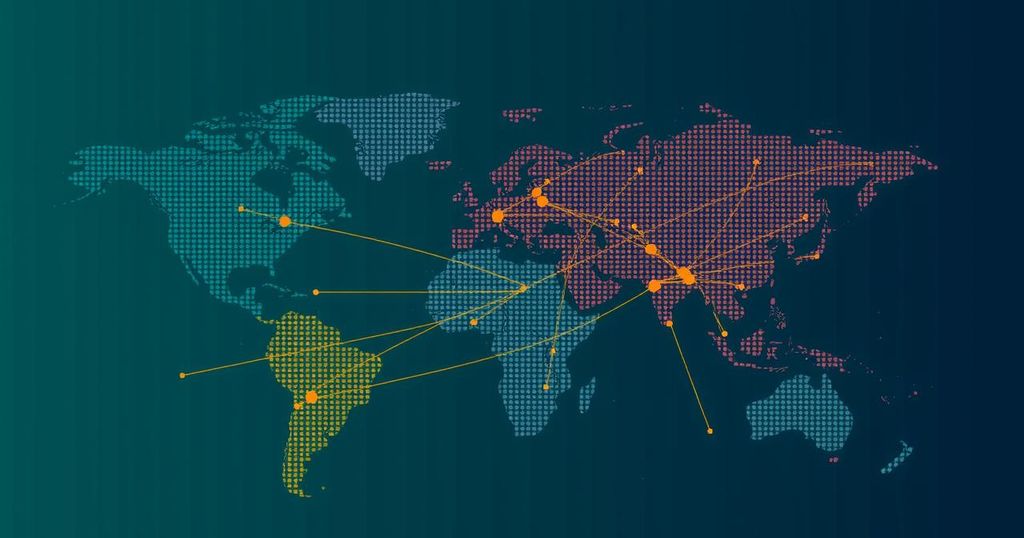Understanding Global Threats: Insights from FSI Scholars

A panel discussion by FSI scholars highlighted the interconnected challenges of climate change, democratic backsliding, geopolitical tensions involving China and Russia, and conflicts in the Middle East. Scholars emphasized the importance of internal and external factors threatening democracy, the resilience of Ukraine, ongoing strategic competition with China, and the need for intensified efforts to combat climate change while recognizing some progress made thus far.
The recent panel discussion titled “Global Threats Today: What’s At Stake and What We Can Do About It,” organized by the Freeman Spogli Institute for International Studies (FSI), illuminated the pressing multilateral challenges currently threatening global stability. Scholars including Michael McFaul, Marshall Burke, Didi Kuo, Amichai Magen, Oriana Skylar Mastro, and Steven Pifer analyzed various issues such as climate change, the ongoing war in Ukraine, strategies influences from China, the current state of American democracy, and the situation in the Middle East involving Israel and Hamas. Amichai Magen highlighted the emergence of a new coalition, dubbed the “axis of misery,” comprising nations and entities such as Russia, Iran, North Korea, and China. This coalition seeks to dismantle the liberal international order that has historically reduced global military expenditure and promoted stability. Magen cautioned that if this norm crumbles, countries like Ukraine, Israel, and Taiwan could face annihilation, urging the need for a strategic vision for peace in the Middle East that supports both Palestinian and Israeli aspirations. Didi Kuo asserted that threats to democracy are often internal rather than external, with leaders eroding democratic principles from within. However, she pointed out positive examples where coalitions have successfully resisted anti-democratic forces, emphasizing the adaptability of democratic systems as crucial for their survival. Steven Pifer countered narratives suggesting that Ukraine is destined to lose the war against Russia, stating that while Russia has gained some territory, these victories come at a devastating human cost. He reiterated that Ukraine remains determined and its survival is essential for a secure Europe. Oriana Skylar Mastro explained that despite economic changes in China, its challenge to global norms persists, requiring the United States to adopt a more comprehensive and proactive strategy to counter Chinese influence, particularly in the developing world. Lastly, Marshall Burke brought attention to the positive progress made in addressing climate change, with emissions dropping significantly since 2005 due to policy changes like the Inflation Reduction Act. However, he emphasized that despite these advances, significant challenges remain to adapt to an inevitable rise in global temperatures. The full panel discussion is accessible via the World Class podcast and YouTube.
The discussion at the FSI served to highlight the interconnected nature of contemporary global threats. Issues such as climate change, democratic erosion, geopolitical strife involving powers like Russia and China, and regional conflicts in the Middle East were explored by top scholars. This analysis is critical for understanding the complex and interrelated challenges the world faces, necessitating coordinated responses from various global actors.
In conclusion, the insights shared by the esteemed scholars at the FSI underscore the multifaceted and evolving nature of global threats. From internal challenges to democracy and persistent geopolitical tensions to climate change, the need for proactive and cohesive strategies is clearer than ever. Addressing these issues holistically, with an emphasis on cooperation, adaptability, and acknowledgment of new global dynamics, will be essential for fostering a more stable world.
Original Source: fsi.stanford.edu





